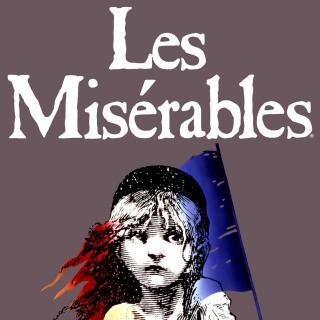
介绍:
CHAPTER XII—M. BAMATABOIS’S INACTIVITY
There is in all small towns, and there was at M. sur M. in particular, a class of young men who nibble away an income of fifteen hundred francs with the same air with which their prototypes devour two hundred thousand francs a year in Paris. These are beings of the great neuter species: impotent men, parasites, cyphers, who have a little land, a little folly, a little wit; who would be rustics in a drawing-room, and who think themselves gentlemen in the dram-shop; who say, “My fields, my peasants, my woods”; who hiss actresses at the theatre to prove that they are persons of taste; quarrel with the officers of the garrison to prove that they are men of war; hunt, smoke, yawn, drink, smell of tobacco, play billiards, stare at travellers as they descend from the diligence, live at the café, dine at the inn, have a dog which eats the bones under the table, and a mistress who eats the dishes on the table; who stick at a sou, exaggerate the fashions, admire tragedy, despise women, wear out their old boots, copy London through Paris, and Paris through the medium of Pont-à-Mousson, grow old as dullards, never work, serve no use, and do no great harm.
M. Félix Tholomyès, had he remained in his own province and never beheld Paris, would have been one of these men.
If they were richer, one would say, “They are dandies;” if they were poorer, one would say, “They are idlers.” They are simply men without employment. Among these unemployed there are bores, the bored, dreamers, and some knaves.
At that period a dandy was composed of a tall collar, a big cravat, a watch with trinkets, three vests of different colors, worn one on top of the other—the red and blue inside; of a short-waisted olive coat, with a codfish tail, a double row of silver buttons set close to each other and running up to the shoulder; and a pair of trousers of a lighter shade of olive, ornamented on the two seams with an indefinite, but always uneven, number of lines, varying from one to eleven—a limit which was never exceeded. Add to this, high shoes with little irons on the heels, a tall hat with a narrow brim, hair worn in a tuft, an enormous cane, and conversation set off by puns of Potier. Over all, spurs and a moustache. At that epoch moustaches indicated the bourgeois, and spurs the pedestrian.
The provincial dandy wore the longest of spurs and the fiercest of moustaches.
It was the period of the conflict of the republics of South America with the King of Spain, of Bolivar against Morillo. Narrow-brimmed hats were royalist, and were called morillos; liberals wore hats with wide brims, which were called bolivars.
Eight or ten months, then, after that which is related in the preceding pages, towards the first of January, 1823, on a snowy evening, one of these dandies, one of these unemployed, a “right thinker,” for he wore a morillo, and was, moreover, warmly enveloped in one of those large cloaks which completed the fashionable costume in cold weather, was amusing himself by tormenting a creature who was prowling about in a ball-dress, with neck uncovered and flowers in her hair, in front of the officers’ café. This dandy was smoking, for he was decidedly fashionable.

